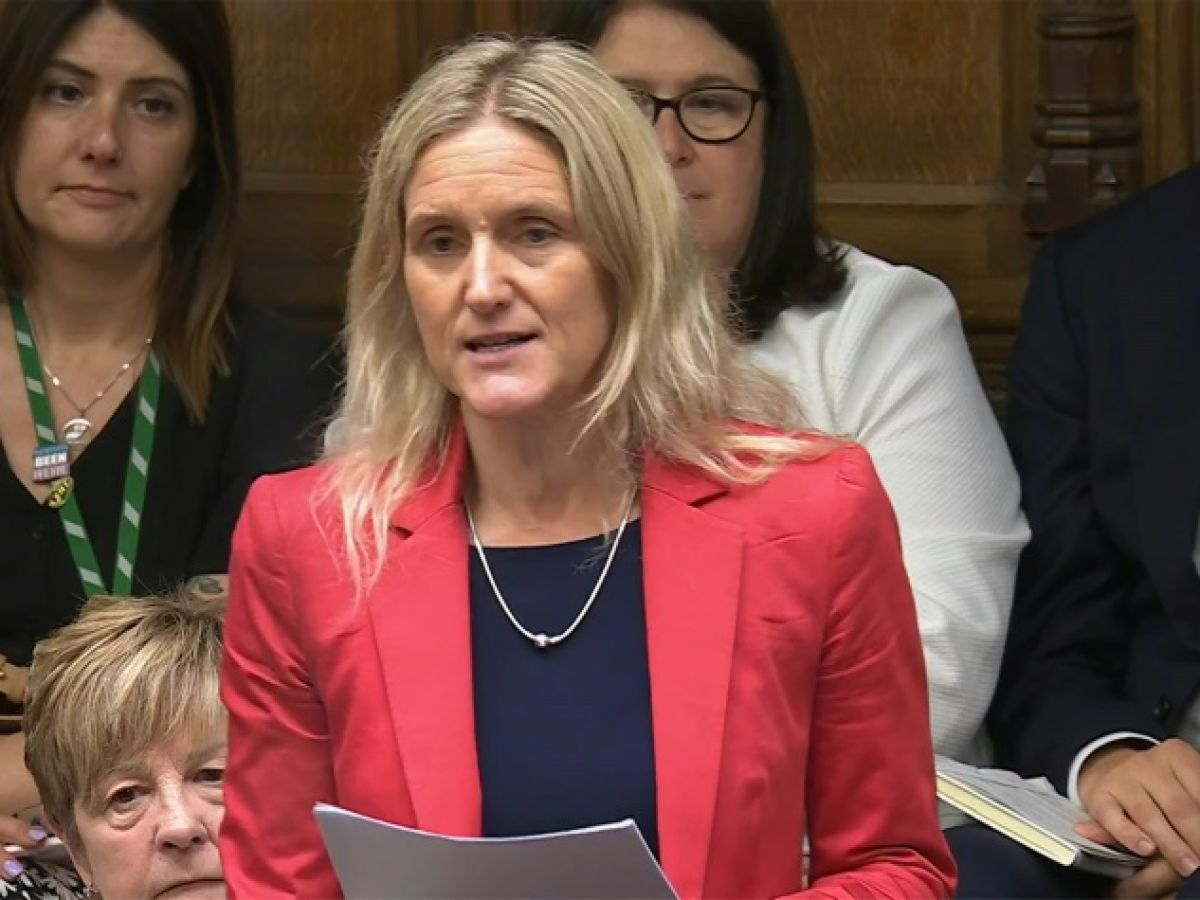British MPs passed a landmark bill on Friday, legalising assisted dying for some terminally ill patients, at second reading, taking it to a key stage in Parliament.
The bill, which now has to be examined by the House of Lords, was passed after a close vote, with 314 votes in favour and 291 against.
His supporters, who gathered early in the morning in front of Parliament with placards reading "My death, my decision," burst into joy at the announcement of the result.
"This vote sends a clear message (...) change is happening," said Sarah Wootton, director of the association Dignity in Dying.
Conversely, Gordon Macdonald, director of the Care Not Killing group, who opposed the bill, denounced it as "deeply flawed and dangerous."
The text adopted by the deputies provides for the legalization of assisted dying for terminally ill adults, whose life expectancy is less than six months, and who are capable of taking the substance causing their death themselves.
The vote is "the result that many people need" to have "a choice at the end of their days," said Labour MP Kim Leadbeater, who initiated the bill.
"I do not underestimate the importance of this day. It is rare that we are asked to tackle questions of morality, ethics and humanity," she said at the opening of the debate, defending the "numerous guarantees" and "strict criteria" present in the text.
According to a poll published Thursday by the YouGov institute, 73% of Britons supported the bill.
– have the choice –
The deputies made several notable changes compared to the version adopted at the end of November in first reading, where the proposal had benefited from a slightly larger majority.
Besides two doctors, the final decision on authorizing assisted dying will be in the hands of a panel of experts, not a High Court judge, a change criticized by opponents.
A person will not be eligible if their health deteriorates because they have voluntarily stopped eating.
Outside Parliament, David Walker, 82, said he was "so happy" with the outcome of the vote. "It's not just for me, but for all the people who are going through what I went through," added the emotional pensioner, whose seriously ill wife had asked him in vain to help her die.
"This law doesn't mean people have to choose, it means everyone has a choice. I think it's important that everyone has the right to make their own choices," said Emma Stirk, a 19-year-old student.
"The bill does not sufficiently protect" vulnerable people who might resort to assisted suicide, worried Martha Owens, a 21-year-old student who opposed the bill.
"We need to change in ways that help people live with dignity and live as well as possible until the end of their lives," she insisted.
– Starmer voted for –
The political parties had not given their elected representatives any instructions. Prime Minister Keir Starmer voted in favor of the bill, but the votes were very divided within his government.
If it is finally adopted in both houses, it will still be four years before assisted suicide is actually introduced in England and Wales.
According to a government estimate, between 160 and 640 assisted suicides could take place in the first year, before a gradual increase to around 4,500 in the tenth year.
Currently, assisted dying is illegal and carries a 14-year prison sentence for aiding or abetting in England, Wales and Northern Ireland.
In Scotland, where a person who assists someone to die can be prosecuted for culpable homicide, MPs last month passed a bill at first reading to legalise assisted suicide.
The Isle of Man became the first British territory to legalise a form of assisted dying in May.

